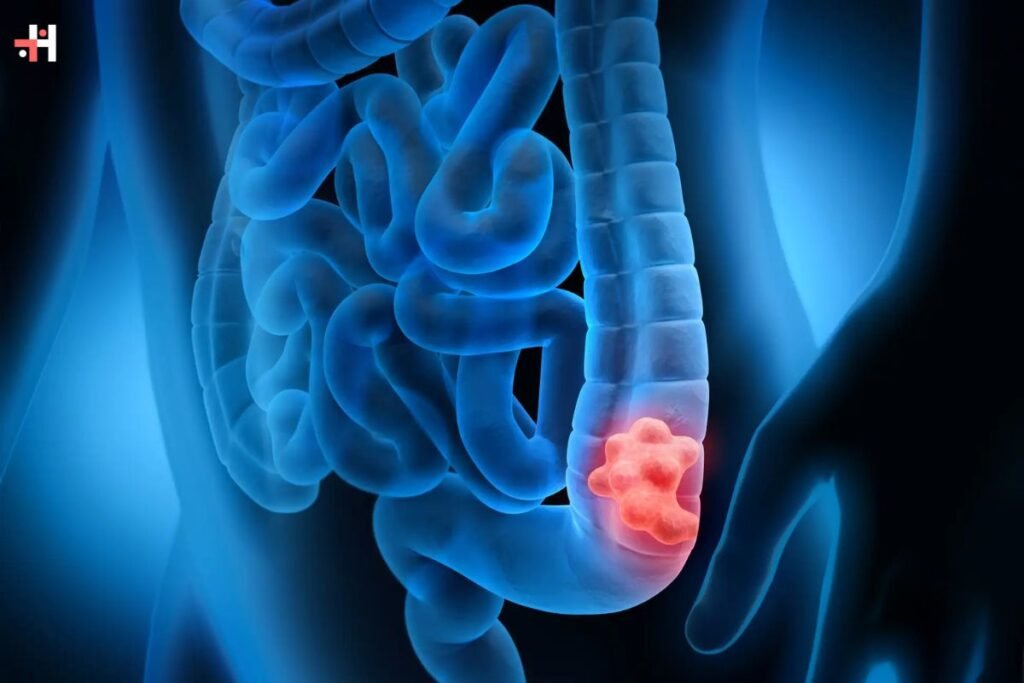[Source- Guadalupe Regional Medical Center]
As March marks Colorectal Cancer Awareness Month, medical experts are raising alarm bells over the increasing incidence of colorectal cancer in individuals much younger than the typical affected age group. According to a report by the New York Times, the prevalence of colorectal cancer among those under 50 has been steadily climbing for nearly three decades, posing a growing health concern.
Leading Cause of Colorectal Cancer Death in Young Men
Michael Cecchini from the Center for Gastrointestinal Cancers emphasizes that the issue is escalating annually, with colorectal cancer emerging as a prominent threat even in younger demographics. While traditionally older patients were at higher risk, recent trends show that colorectal cancer is now the primary cause of cancer-related deaths in men under 50. Similarly, among women in this age bracket, it ranks second only to breast cancer in terms of mortality rates.
Alarming Statistics and Underlying Causes
Statistics reveal a troubling trajectory, with Cecchini noting a consistent increase of approximately 2% annually in early-onset colorectal cancer cases since the mid-1990s. Researchers attribute this rise to a combination of factors, including genetic mutations, dietary changes, and a decline in physical activity. While these factors may account for some of the surge, experts assert that numerous other variables are under investigation. Studies have suggested links to imbalances in the gut microbiome and potential exposure to environmental toxins, contributing to geographical disparities in incidence rates.
Personal Testimony Highlights Urgency for Early Detection
Stefania Frost, a Massachusetts-based second-grade teacher, shares her harrowing experience with colon cancer, diagnosed at the age of 36. Despite exhibiting only abdominal pain, Frost’s cancer had progressed to an advanced stage, spreading to her lymph nodes. Prompt medical intervention, including extensive lymph node removal and chemotherapy, ultimately led to her remission. Frost now advocates for proactive screening, urging friends to undergo colonoscopies starting at age 45, aligning with updated recommendations.
Identifying Symptoms and Early Intervention
The Centers for Disease Control and Prevention (CDC) outline key warning signs for colorectal cancer, emphasizing the importance of early detection. Symptoms include blood in the stool, abdominal discomfort, unexplained weight loss, and changes in bowel habits such as diarrhea or constipation. Timely screening and intervention are paramount in improving outcomes and reducing mortality rates associated with this aggressive disease.
As the prevalence of early-onset colorectal cancer continues to rise, heightened awareness, proactive screening, and ongoing research are critical in combating this growing health crisis.









